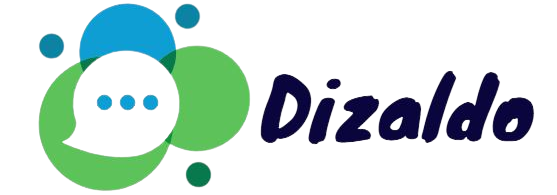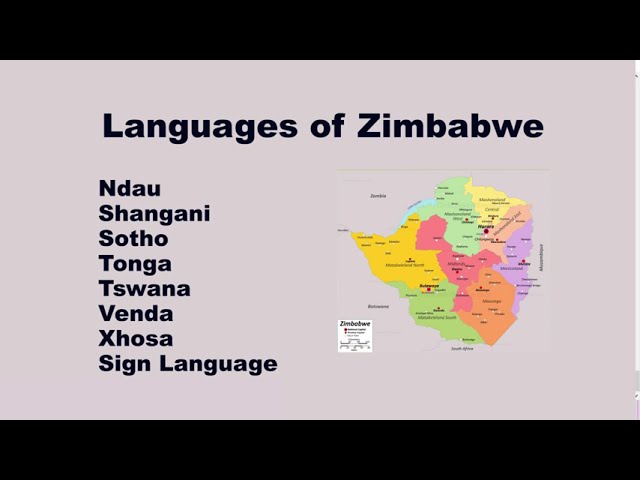Zimbabwe is a landlocked country situated in the southern part of Africa. It is home to a diverse group of people who speak various indigenous languages along with English. Zimbabwe is known for its cultural richness and diversity.
Official Languages in Zimbabwe:
English, Shona, and Ndebele are the three official languages of Zimbabwe. English is the primary language of administration, commerce, and education in the country. It is widely spoken and understood across the country.
Shona:
Shona is a native language spoken by the majority of the Zimbabwean population. It is spoken by more than 11 million people in Zimbabwe, Mozambique, and Zambia. Shona has several dialects including Zezuru, Manyika, and Karanga. It is the most widely spoken Bantu language in Zimbabwe.
Ndebele:
Ndebele is another official language, mainly spoken in the southern and western regions of Zimbabwe. It is also spoken in South Africa and Botswana. Ndebele is a Nguni language and has several dialects, including Northern Ndebele and Southern Ndebele.
Other indigenous languages spoken in Zimbabwe:
In addition to the official languages, Zimbabwe has many indigenous languages that are spoken by various ethnic groups in the country. These include:
- Tswana: is spoken by the Tswana people who reside in the Plumtree and Bulilima districts of Zimbabwe.
- Tonga: is spoken by the Tonga people who reside in the Binga district of Zimbabwe.
- Kalanga: is spoken by the Kalanga people who reside in the Plumtree and Gwanda districts of Zimbabwe.
- Venda: is spoken by the Venda people who reside in the Beitbridge district of Zimbabwe.
- Chewa: is spoken by the Chewa people who reside in the Chipinge district of Zimbabwe.
Conclusion:
In conclusion, Zimbabwe is a country with a rich cultural heritage that reflects its linguistic diversity. English, Shona, and Ndebele are the official languages of Zimbabwe, while other indigenous languages are spoken by various ethnic groups. This diversity makes Zimbabwe a unique and beautiful country to visit and explore.

